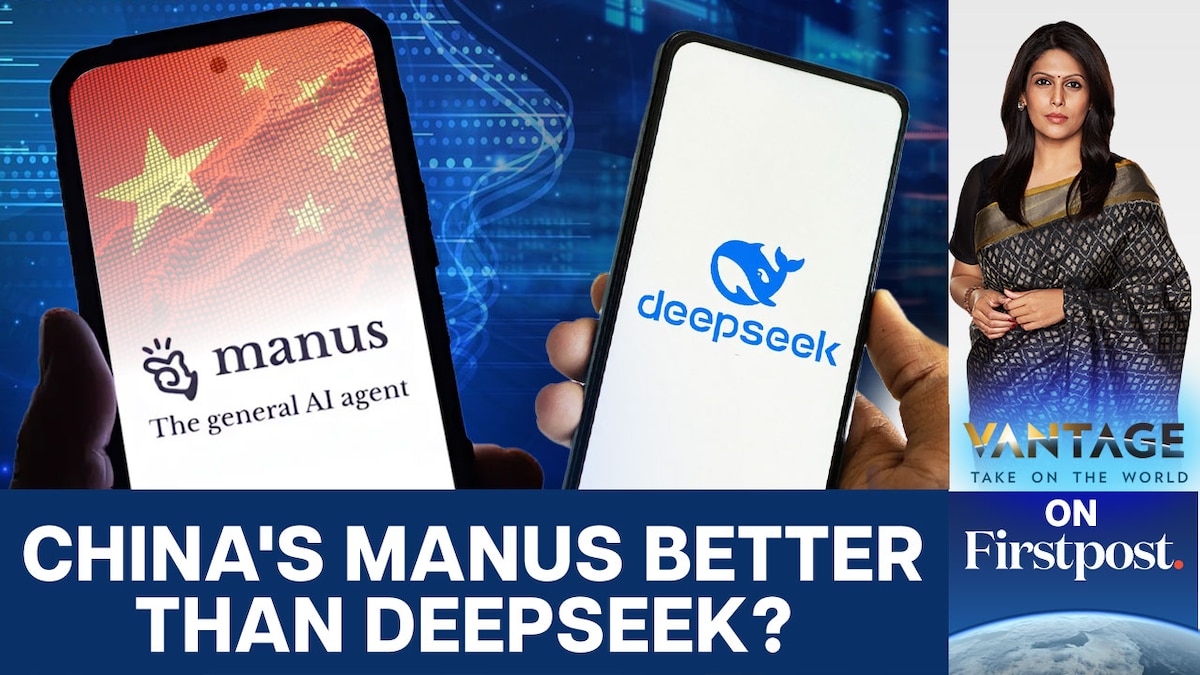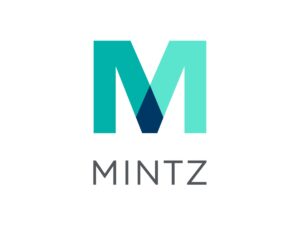China’s Manus AI: A Potential Rival to ChatGPT?

Introduction to Manus AI
China has recently unveiled a new artificial intelligence (AI) system named Manus, which is garnering considerable attention in the technology sector. Unlike conventional chatbots, Manus is being described as the "first general AI agent," capable of undertaking a diverse array of complex tasks. This innovation has arisen from Monica, a Chinese startup, and it has ignited a variety of responses from experts and enthusiasts alike. Some view Manus as a significant advancement in AI technology, while others have raised concerns regarding its reliability and potential implications.
What Makes Manus AI Different?
Versatility Across Domains
Manus distinguishes itself from traditional AI systems by its ability to operate across multiple fields. Traditional AI models are usually designed for specific tasks, such as customer service chatbots or data analysis tools. In contrast, Manus aims to integrate and perform various functions, potentially transforming how we interact with technology. The ability to handle diverse tasks can streamline processes in various sectors, from healthcare to finance and beyond.
General AI Capabilities
The term "general AI" refers to systems that can understand, learn, and apply their intelligence across a range of tasks—much like a human. This potential evolution in AI technology raises questions about how effective Manus will be at social interactions, decision-making, and creativity. While Manus is on the forefront, development in this area is still in its infancy, and there is much to learn about its limits and applications.
Global Reaction to Manus AI
Praise and Optimism
Many industry experts and analysts view Manus as a breakthrough in AI technology. The ability to operate effectively across multiple domains could profoundly enhance productivity and innovation. Companies may find Manus useful in automating tasks that previously required human intelligence, allowing for more efficient operations.
Skepticism and Concerns
Despite the optimism, some people express skepticism about Manus’s reliability. Concerns have been raised about the ethical implications of deploying a general AI agent. For example, issues such as data privacy, bias in decision-making, and accountability must be addressed. Critics emphasize the need for rigorous testing and validation before such technologies are integrated into everyday applications.
The Competitive Landscape in AI Development
U.S. and European Investments
As Manus gains traction, the United States and European countries are intensifying their efforts to innovate and advance their own AI technologies. With substantial investments—often in the billions of dollars—these regions aim to keep pace with emerging technologies like Manus. Companies in these regions are focusing on next-generation models that may rival or complement the capabilities of Manus.
The Fast-Paced AI Evolution
The field of AI is evolving rapidly, with new technologies and applications emerging almost daily. This constant change raises important questions: Are we prepared for an AI landscape where machines are not just assisting humans, but also taking on more significant decision-making roles? The challenge lies in ensuring that AI development maintains ethical standards and safeguards human values.
Implications for the Future
As developments in AI continue to unfold, the focus will undoubtedly shift towards broader questions about its role in society. The emergence of Manus as a general AI agent could signal a new era in AI technology.
Challenges Ahead
While the possibilities are exciting, they are not without challenges. Key issues such as data security, algorithmic bias, and public trust will need careful consideration. It will be crucial for developers, researchers, and regulators to work collaboratively to define the parameters within which these powerful technologies operate.
Evolving Human-AI Interaction
The introduction of general AI agents like Manus may redefine the relationship between humans and machines. As these systems become more autonomous, understanding their functionality and limits will be vital for effective collaboration. This evolution could shape the workplace and daily life in ways that are yet to be fully understood.
With Manus making its mark, the conversation about the future of AI is only just beginning.






